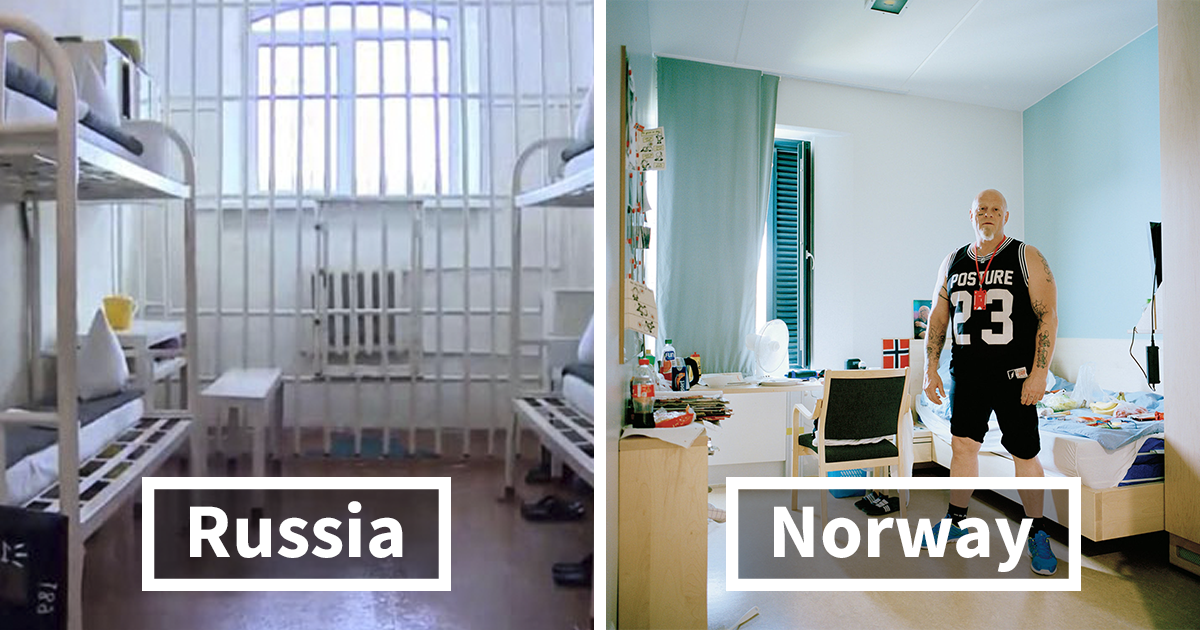Does Every State Have A Casino
State that wishes can now offer legalized sports betting. Here is an update on where all 50 states (and Washington, D.C.) stand. All sites have water and electricity, and most sites have cable, as well, for a cost of $50 to $100 nightly. There are six bathhouses, a recreation pavilion, showers, camp store, and picnic tables. Seneca Allegany Resort & Casino is home to one of the most impressive hotels in Western New York, awarded AAA Four Diamond certification for every year since 2005. On 11 levels of pure luxury, each of our 413 rooms and suites feature upscale amenities, including pillow-top beds, oversized showers, flat-screen TVs, Internet access and more.
- Is There A Casino In Every State
- Does Every State Have Casinos
- Does Every State Have A Casino Reopening
General Property Tax Information
Is There A Casino In Every State


Does Every State Have Casinos
New Jersey's real property tax is an 'ad valorem tax,' or a tax according to value. All real property is assessed according to the same standard of value except for qualified agricultural or horticultural land. The standard measure of property value is 'true value' or market value, that is, what a willing, knowledgeable buyer would pay a willing, knowledgeable seller on the open market at a bona fide sale as of the statutory October 1 pretax year assessment date. The value of qualified farmland is based upon its productive capabilities when devoted to agricultural or horticultural uses.
Property shall be assessed under general law and by uniform rules. The basic authority for the assessment of real property is derived from Article VIII, Section 1, paragraph 1 of the New Jersey Constitution. Implementing legislation is found in New Jersey Statutes Annotated Title N.J.S.A. 54:4-1 et seq.
Does Every State Have A Casino Reopening
Real property is required to be assessed at some percentage of true value established by the county board of taxation in each county. All 21 counties in New Jersey have chosen 100%.

New Jersey's equalization program is designed to ensure that each taxing district, as a whole, is treated equitably. Equalized valuations are used to apportion among taxing districts within a county the costs of county government; as a component of the formula used for the distribution of school aid; and for the distribution of costs of school districts covering more than one municipality. The principal part of the work of equalization lies in determining the aggregate true value of all real estate in each of the state's 566 taxing districts. This figure is established by a program of assessment- sales ratio analysis. Procedures of sales data collection and analysis have been developed by the Property Administration Branch of the Division of Taxation but the success of the process requires the cooperation of every county board of taxation and every local tax assessor.
County, municipal and school budget costs determine the amount of property tax to be paid. A town's general tax rate is calculated by dividing the total dollar amount it needs to raise to meet local budget expenses by the total assessed value of all its taxable property. An individual's property taxes are then calculated by multiplying that general tax rate by the assessed value of his particular property. Because of New Jersey's strong 'home rule' concept of government, the State does not participate in the making of local budgets, nor does it receive any of the property taxes collected.



